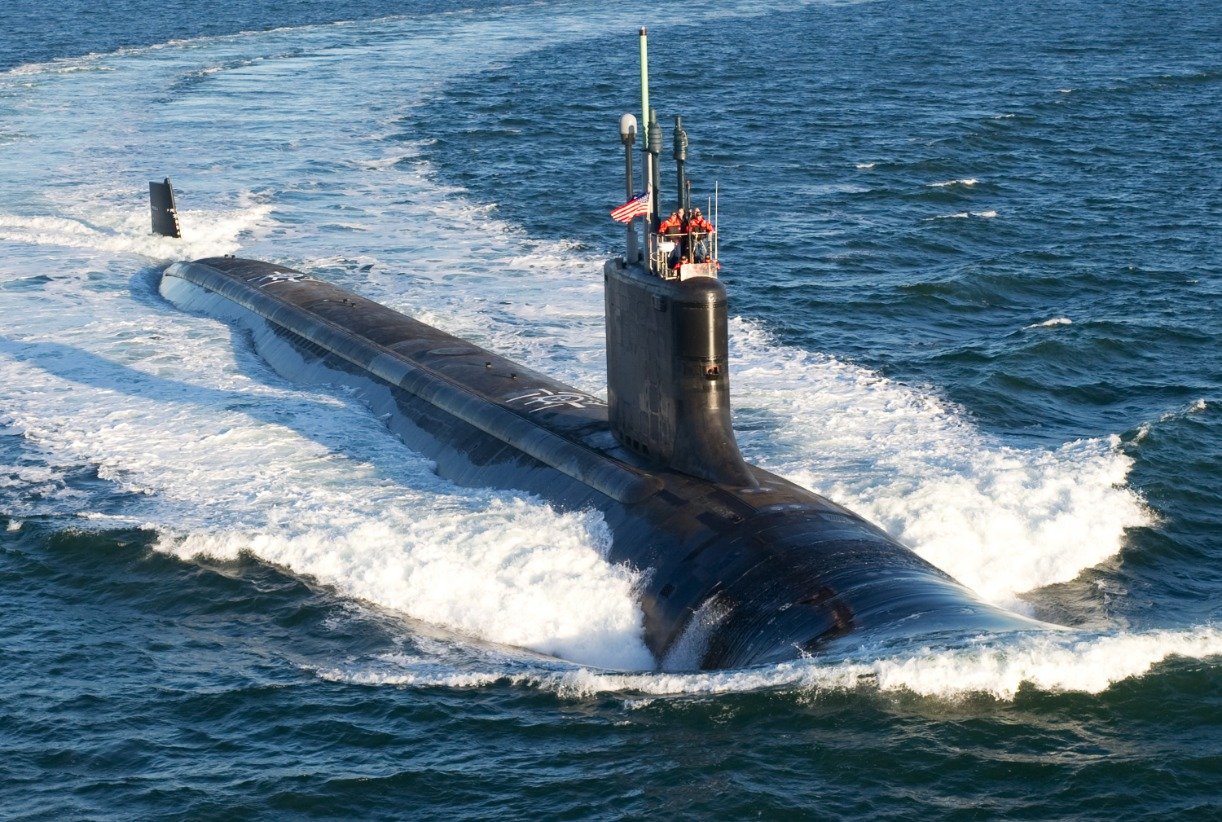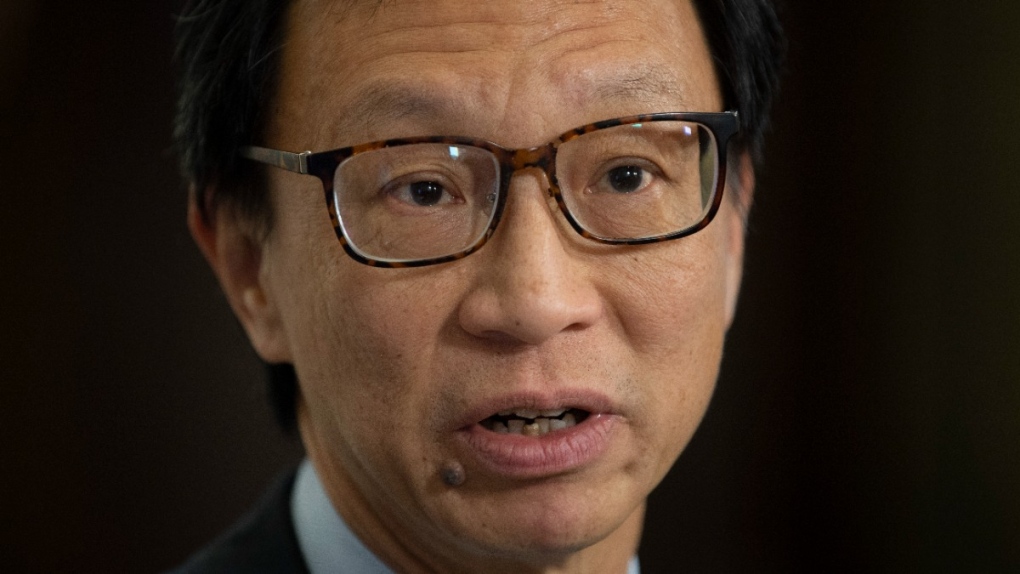W. K. Lis
Superstar
The Canada Pension Plan offers a death benefit, up to a maximum amount of $2,500, to be paid out if the deceased has been a CPP contributor.
Canada Pension Plan Death Benefit (CPP/OAS) Seniors|Income and Financial Support The Canada Pension Plan offers a death benefit, up to a maximum amount of $2,500, to be paid out if the deceased has been a CPP contributor.
See link for more information.
The CPP Death Benefit has been the same amount for decades, and hasn't kept up to inflation. Funeral costs have gone way up in the meantime.
The Funeral Service Association of Canada (FSAC) would make the following 3 recommendations:
Canada Pension Plan Death Benefit (CPP/OAS) Seniors|Income and Financial Support The Canada Pension Plan offers a death benefit, up to a maximum amount of $2,500, to be paid out if the deceased has been a CPP contributor.
See link for more information.
The CPP Death Benefit has been the same amount for decades, and hasn't kept up to inflation. Funeral costs have gone way up in the meantime.
The Funeral Service Association of Canada (FSAC) would make the following 3 recommendations:
- Increase the Canadian Pension Plan (CPP) Death Benefit Cap from $2,500 to $3,440 and Index it to Inflation
- Reviewing the Means Test Limit for the Last Post Fund
- Support Employment by Encouraging Canadians to Fill Job Gaps in the Funeral Profession through Existing Government Incentives Programs
- Adjust the Eligible Funeral Arrangements (EFA) Limits to Meet the Needs of Canadians and Index them to Inflation








:quality(70)/cloudfront-us-east-1.images.arcpublishing.com/archetype/TIDOGRVH2VFNFI6SPS44R57J4E.png)
